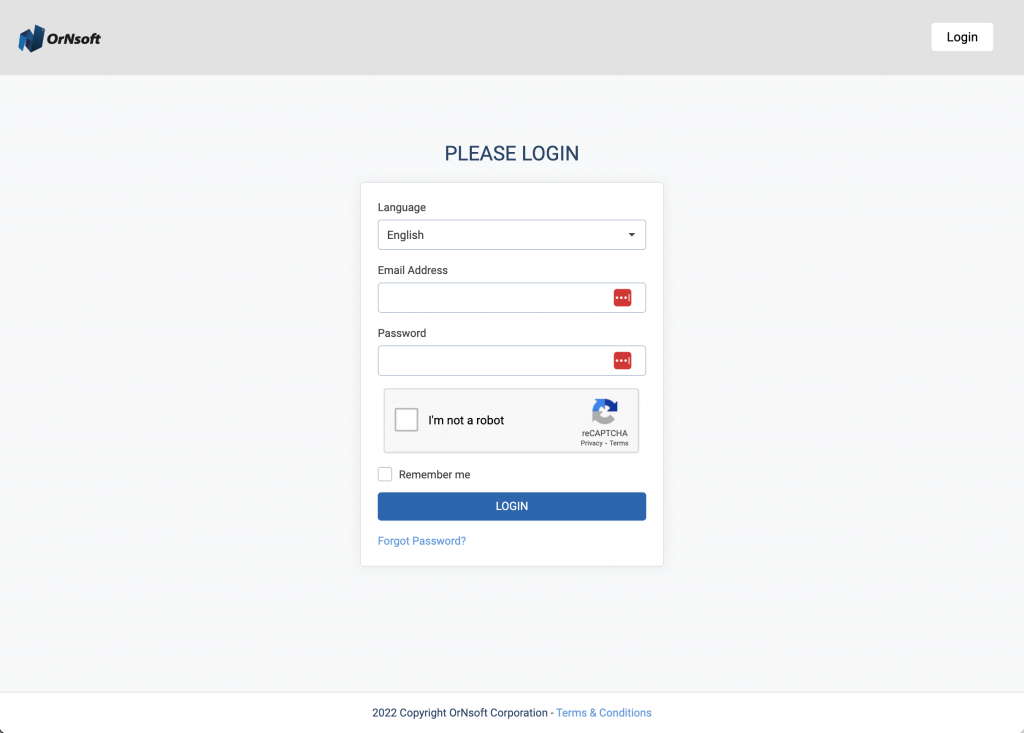Introduction
As technology continues to evolve, new terminologies and concepts are constantly emerging. One such concept that has garnered significant attention in the tech world is the Field-Programmable Gate Array, commonly known as FPGA. This article aims to provide a comprehensive understanding of what FPGA is, its history, importance, practical applications, its role in modern enterprises, and its future outlook.
What Is FPGA?
FPGA, or Field-Programmable Gate Array, is an integrated circuit that can be programmed or reprogrammed to the desired application or functionality after manufacturing. Unlike processors that are specifically designed to perform certain tasks, FPGAs are "blank slates" that can be programmed to execute complex computational tasks as per the requirements. They are essentially a sea of transistors that can be wired together by the user to perform any digital logic function, offering flexibility and adaptability.
History of FPGA
The development of FPGA technology dates back to the 1980s when Xilinx introduced the first commercially viable FPGA. Since then, the technology has evolved significantly, with advances in programming languages and design tools making FPGAs more accessible and easier to use. Today, FPGA technology is at the heart of many digital devices and is widely used in industries ranging from telecommunications to automotive, defense, and more.
Importance of FPGA
In the current technological landscape, FPGA plays a crucial role due to its versatility and high performance. FPGAs can handle complex digital computations and process large amounts of data in real-time, making them ideal for applications that require speed and precision. Moreover, their programmability allows for easy customization and updates, making them a cost-effective solution for many industries.
Practical Applications
FPGAs find applications in a wide range of areas. They are extensively used in digital signal processing, software-defined radios, and cryptography. In the field of artificial intelligence, FPGAs are used in machine learning applications due to their ability to accelerate algorithm processing. They are also used in the automotive industry for advanced driver assistance systems (ADAS) and in the telecommunications industry for processing and routing data.
The Role of ‘FPGA’ in Modern Enterprises
Modern enterprises are increasingly leveraging FPGA technology to drive innovation and stay competitive. FPGAs provide enterprises with the ability to perform complex computations quickly and efficiently, enabling them to process and analyze large volumes of data in real-time. This can lead to more informed decision-making and improved business outcomes. Furthermore, the flexibility of FPGAs allows enterprises to adapt to changing technological trends and customer needs.
Case Study
A notable example of FPGA implementation is in the field of genomic research. The Broad Institute of MIT and Harvard leveraged FPGA technology to speed up the processing of genomic data. By using FPGAs, they were able to reduce the processing time from days to just a few hours, significantly accelerating their research and bringing them closer to their goal of understanding and curing genetic diseases.
Future Outlook
The future of FPGA looks promising, with advances in technology opening up new possibilities for its application. As the demand for real-time data processing and high-performance computing continues to grow, the role of FPGAs is expected to become even more prominent. Additionally, the rise of AI and machine learning presents new opportunities for FPGA technology.
Conclusion
In conclusion, FPGA is a powerful technology that offers versatility, high performance, and adaptability. Its ability to be programmed and reprogrammed to perform any digital function makes it a valuable tool in today’s fast-paced technological landscape. As we move towards a future dominated by AI and big data, the importance of FPGA is likely to increase even further.
Intrigued by the potential of AI for your business? Schedule a free consultation with us here.

